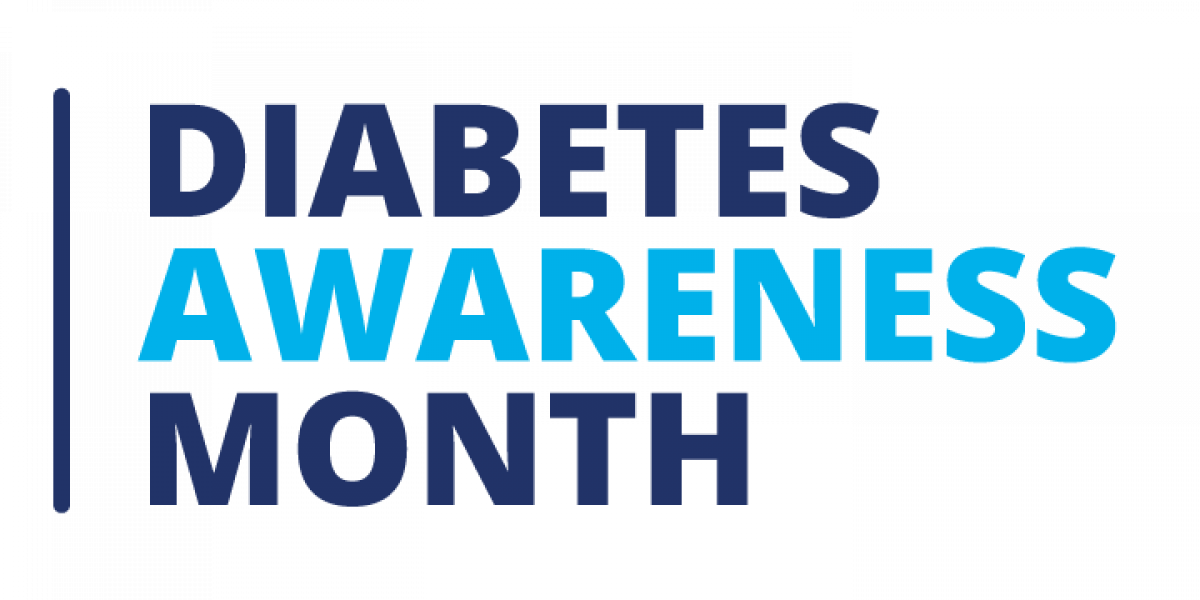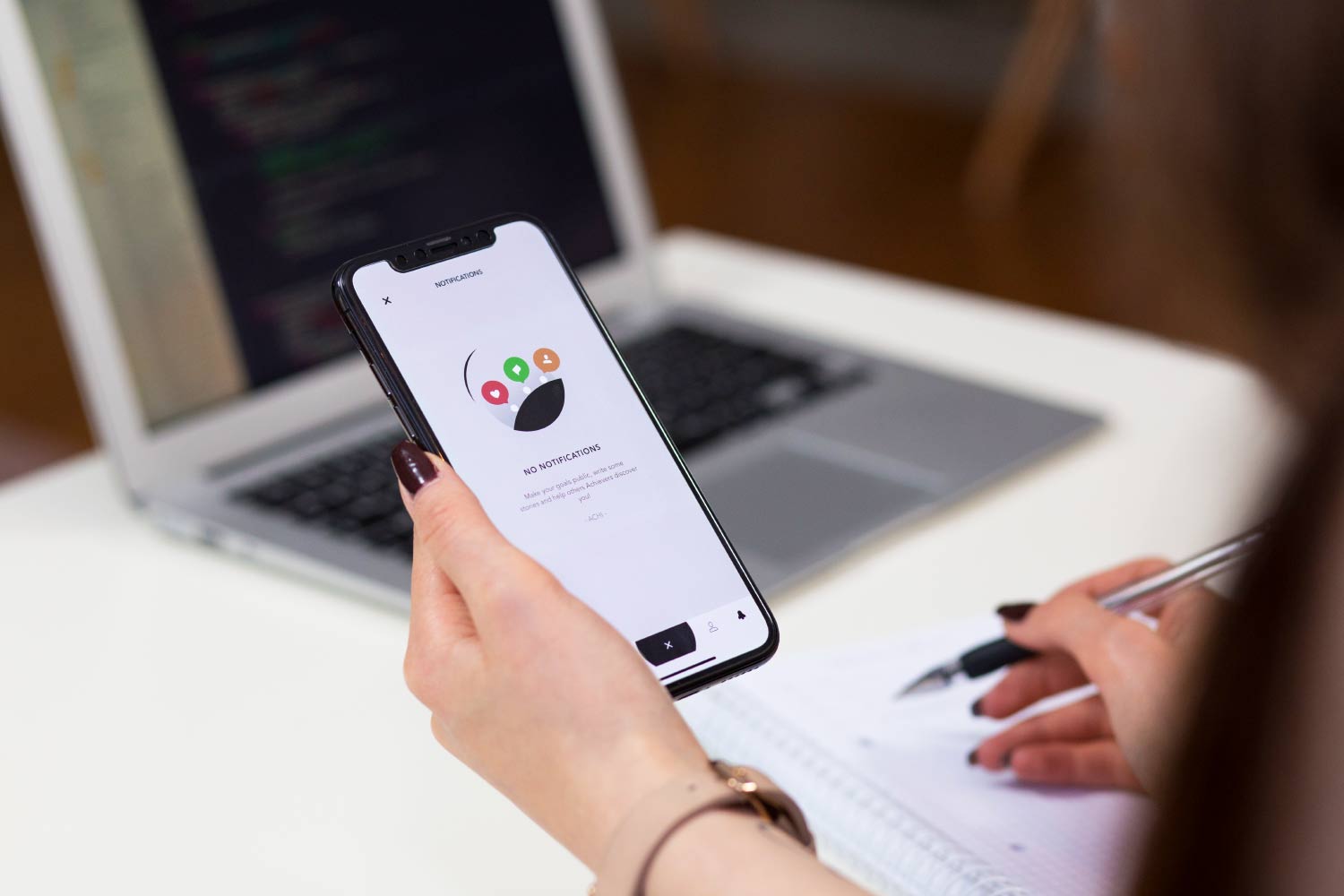Every November marks a yearly diabetes awareness campaign. This is important because it is estimated that 2 in 5 people who have diabetes don’t actually know it yet, and early diagnosis and treatment can help prevent problems.
Diabetes is a disease in which the body can’t use certain energy sources well anymore. Insulin is a messenger in the body needed to use and store glucose (blood sugars). With Type 1 diabetes, the body stops being able to make insulin. In Type 2 diabetes, the body can’t keep up with the amount of insulin needed, or the insulin is no longer able to be used well. Any of these situations can lead to backlogs of sugar in the blood if untreated. Over time, having high blood sugars can lead to heart and other organ problems.
Screening is important so treatment can start as early as possible when needed. Risk factors for diabetes include having high cholesterol, high blood pressure, prediabetes, diabetes during a pregnancy, smoking cigarettes or having a 1st degree relative with diabetes. People under 40 years old can be tested every few years if they are at high risk. For those 40 years of age and older, testing every few years is normal, unless someone is at high risk, in which case testing can be every 6-12 months.
A number of treatment options are available to manage diabetes. Being active and eating a balanced diet can help blood sugars and tiredness. Reaching blood sugar targets by working on a healthy lifestyle, and taking medications when needed, can cut down on diabetes-related health problems. Did you know that if you have diabetes, lowering the average blood sugar (A1C) by 1% can lower the risk of a heart attack by 14%? This year also marks the 100th anniversary of the discovery of insulin which was a life-saver for people with Type 1 diabetes. Before insulin injections existed, people with Type 1 diabetes would die from complications of high blood sugars within a couple years of diagnosis. For this condition, insulin injections need to be taken multiple times each day, but nowadays insulin pumps can make this more convenient.
It is worthwhile to screen and treat diabetes to live well, for longer. Ask your provider if you can be screened, and treat any blood sugar problems sooner than later. To help make meals easier, there will be a virtual session on November 18th at 12pm about fast diabetes-friendly meals. Register by emailing mbroughton@mfht.org or calling (807) 229-1541 x232.
Michelle Broughton, Registered Dietitian



